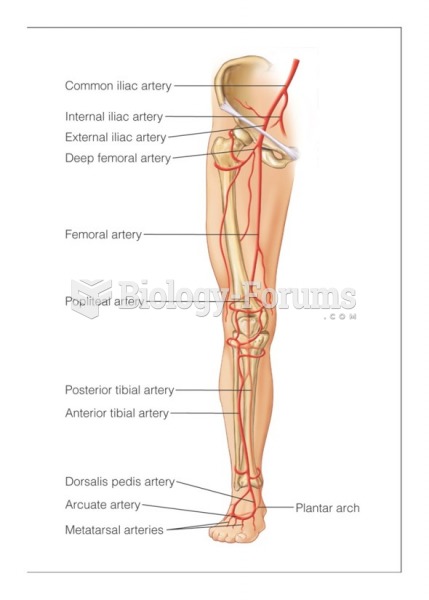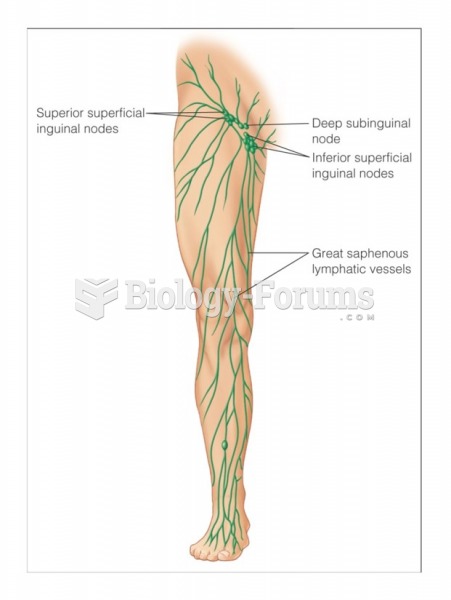This topic contains a solution. Click here to go to the answer
|
|
|
Did you know?
Human stomach acid is strong enough to dissolve small pieces of metal such as razor blades or staples.
Did you know?
Bacteria have been found alive in a lake buried one half mile under ice in Antarctica.
Did you know?
Aspirin may benefit 11 different cancers, including those of the colon, pancreas, lungs, prostate, breasts, and leukemia.
Did you know?
There are more bacteria in your mouth than there are people in the world.
Did you know?
The first-known contraceptive was crocodile dung, used in Egypt in 2000 BC. Condoms were also reportedly used, made of animal bladders or intestines.
 Upsetting the entire social order, the French Revolution removed the past as a sure guide to the ...
Upsetting the entire social order, the French Revolution removed the past as a sure guide to the ...
 An intermediate shaft drives the oil pump on this overhead camshaft engine. Note the main gallery ...
An intermediate shaft drives the oil pump on this overhead camshaft engine. Note the main gallery ...





